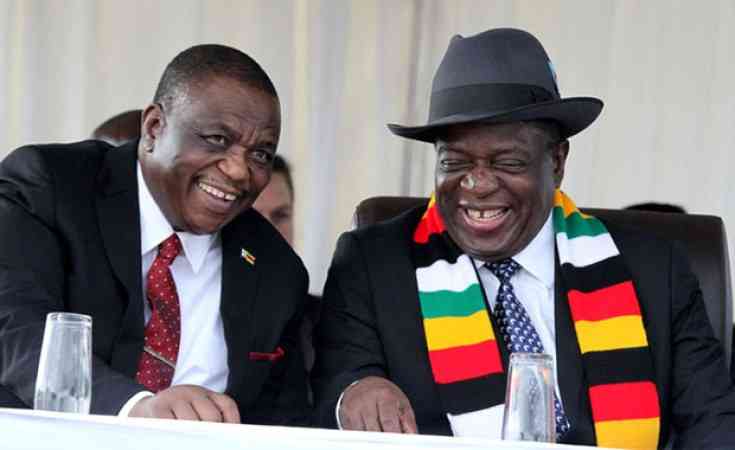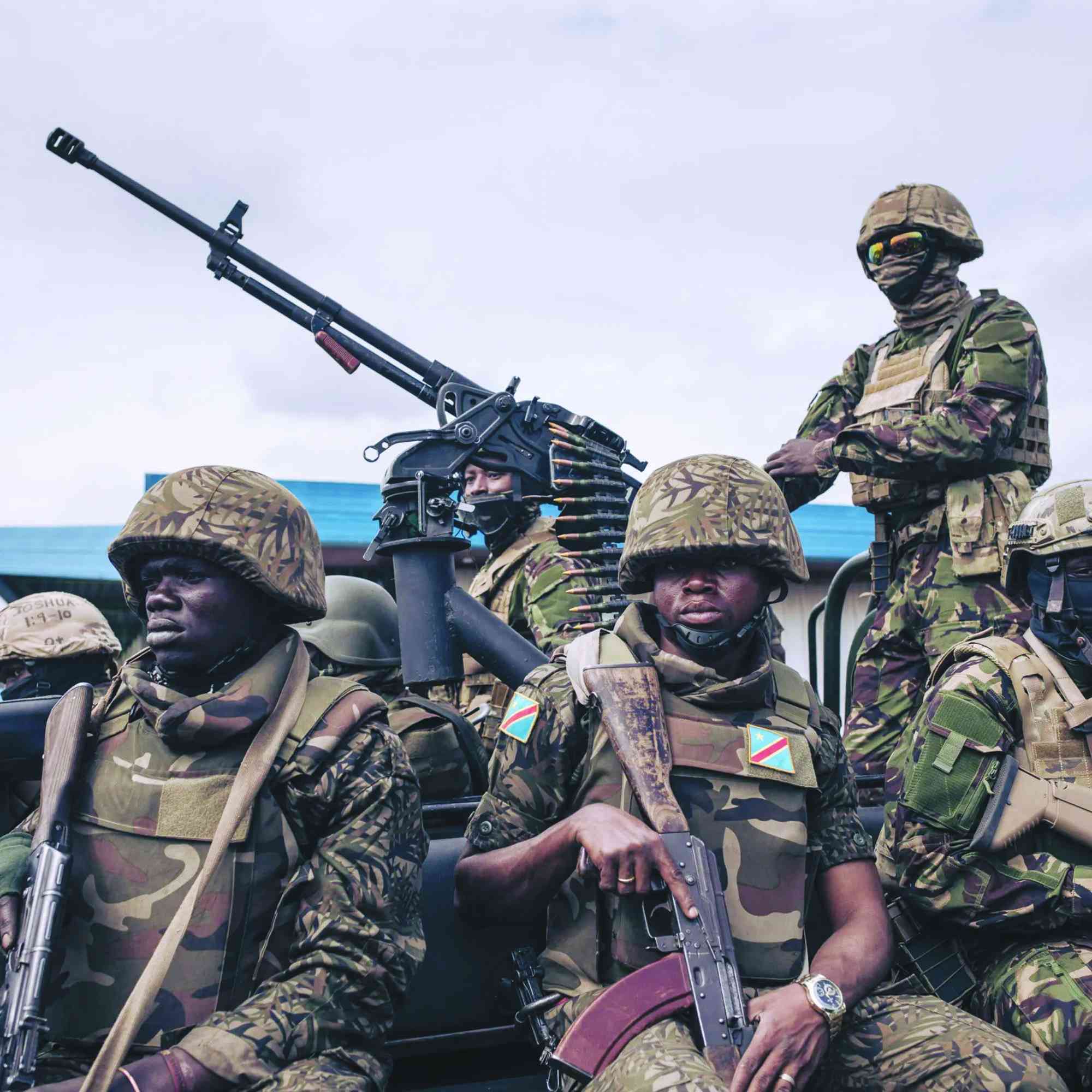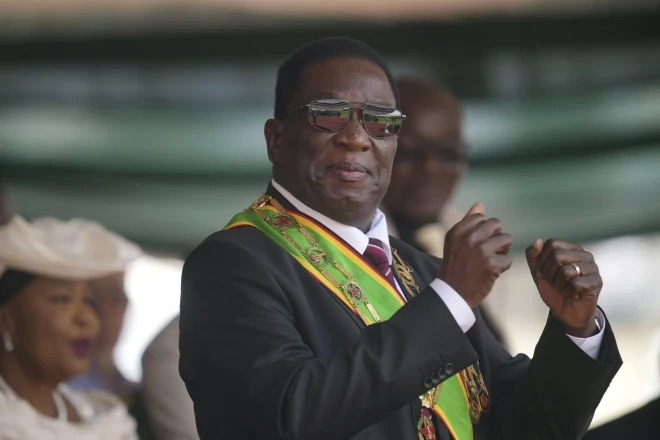
SOMETHING unprecedented in Zimbabwean politics happened at the National Heroes Acre on Monday. The public spectacle was nothing short of a national embarrassment.
But it is more telling about the behind-the-scenes political manoeuvres between warring factions in the ruling Zanu PF party.
The power struggles are palpable, throwing the nation into uncertainty. It is no longer a secret that there is an internecine power struggle between President Emmerson Mnangagwa and his deputy, Constantino Chiwenga.
The high political drama played out in front of a sitting Head of State — something that has not happened in the country’s political history. In my 33 years as a political journalist, I have never witnessed such a blatant display of internal power struggles taking centre stage at a solemn national occasion. What was once done clandestinely is now brazenly public.
The body language of both leaders spoke volumes, while the tension between the two men was undeniable. Their respective factions sang rival songs, openly disparaging each other. Such a serious discord in Zanu PF!
This was not just political theatre; it was a clear signal that the country is teetering on the edge of a political crisis.
President Mnangagwa must break his silence. He has previously stated that he has no intention of violating the constitution and that he intends to serve his constitutional term.
However, his continued silence amid growing factional tensions only fuels uncertainty.
- Big send-off for Cont Mhlanga
- Massive ZRP vehicle theft scam exposed
- Zanu PF bigwigs face axe in purge
- Village Rhapsody: Health workers’ grievances need permanent solution
Keep Reading
The president must unequivocally reaffirm his commitment to the constitution and reject any attempts to extend his term beyond 2028. The stakes could not be higher. The country is already on its knees — retail shops and businesses are closing down and workers thrown into the streets, adding to an unemployment rate hovering above a staggering 95%.
Political instability will only worsen the suffering of ordinary Zimbabweans.
The crisis is compounded by the 90-day freeze on United States aid, including suspending the President’s Emergency Plan for Aids Relief (PEPFAR), leaving 1,2 million Zimbabweans living with HIV in a calamitous state.
The non-governmental organisation (NGO) sector, which employs over 18 000 workers, is now at risk of collapse.
Zimbabwe is a pressure cooker — ready to explode at any moment. War veteran Blessed Geza, at a press conference on Monday, sent a chilling final warning to President Mnangagwa: Step down or face mass demonstrations.
If Mnangagwa and Chiwenga fail to resolve their differences, the political risk will escalate beyond control, plunging Zimbabwe into uncharted and potentially dangerous territory.
It is deeply concerning that Zimbabwe finds itself in this position just 18 months into a new five-year presidential term. Three weeks ago, this publication warned against any attempts to subvert the constitution through a term extension and highlighted the enormous cost of a referendum.
Those warnings have gone unheeded. The political wrangling at the top is not only destabilising the ruling party, but is dragging the entire nation into a vortex of uncertainty.
The infighting must stop. The economy cannot recover in an environment of perpetual political chaos. Investors are watching closely, and their confidence is plummeting.
The political risk can have devastating effects on the economy, governance, and overall stability. Investors and businesses tend to shy away from unstable environments, leading to capital flight, reduced foreign direct investment, and a weakening currency.
The stock market in politically volatile nations tends to experience extreme fluctuations, driven by insecurity and investor panic.
This, in turn, affects the ability of businesses to raise capital for expansion.
The long-term consequences of unchecked political risk are often dire, as instability feeds into a vicious cycle of economic collapse, weak governance, and deteriorating living conditions for the population.
The ordinary Zimbabwean, struggling daily to make ends meet, cannot afford to be collateral damage in a power struggle between elites. President Mnangagwa and Vice-President Chiwenga, for the sake of the nation, must resolve their differences.
Zimbabweans have endured enough. It is time for leadership that prioritises national interest over personal ambition. Zimbabwe’s future depends on it.











